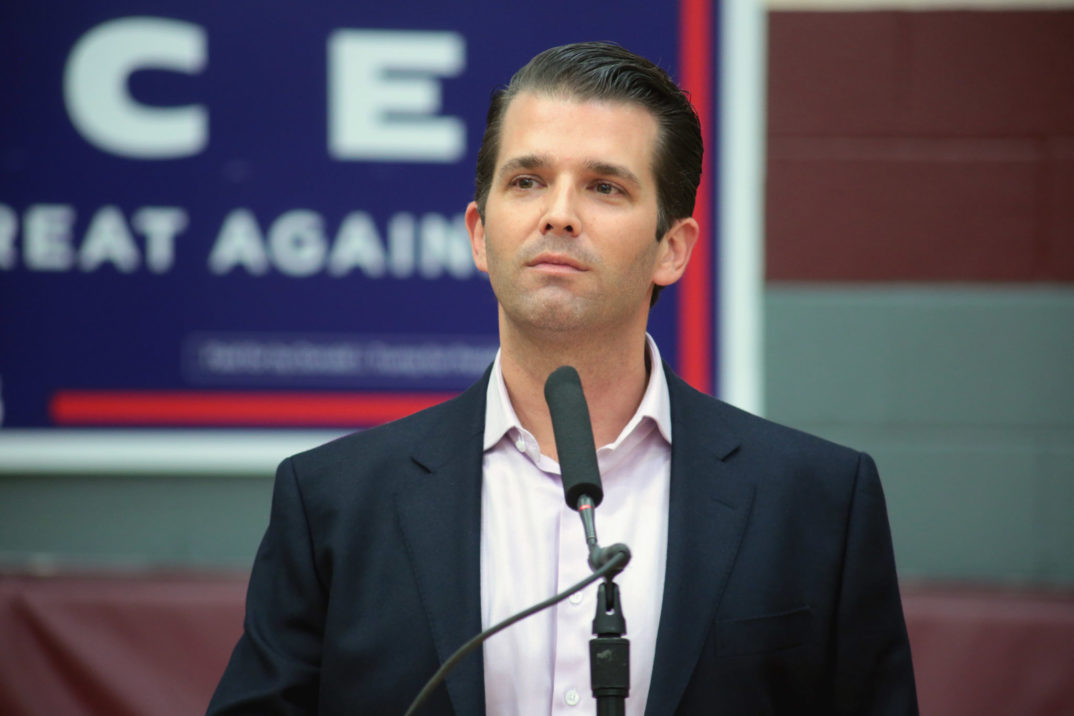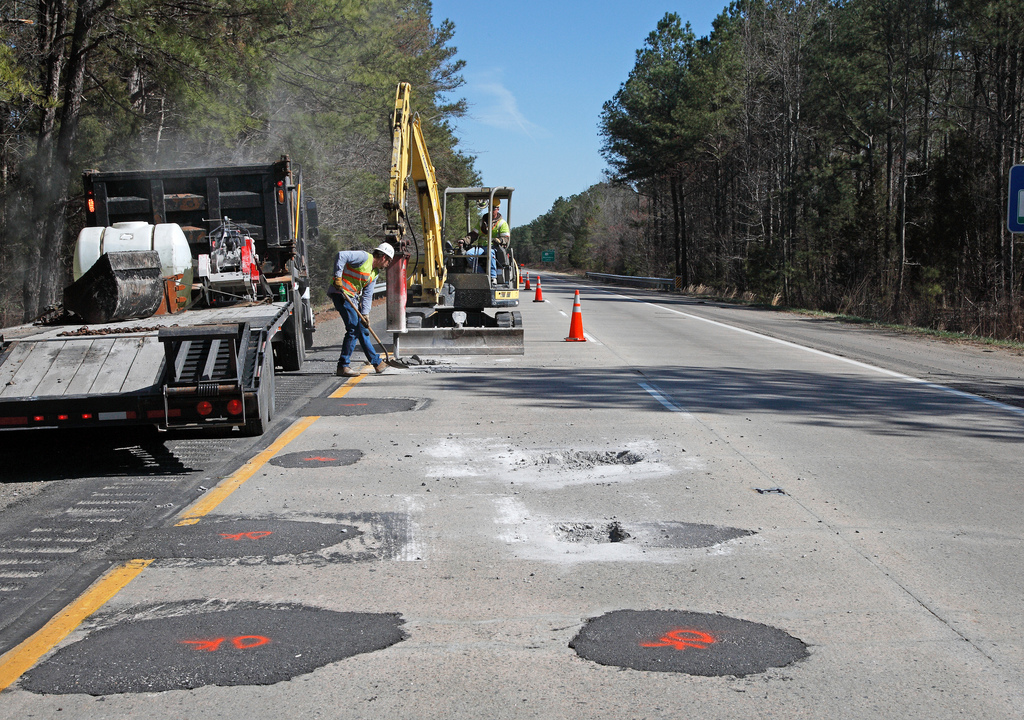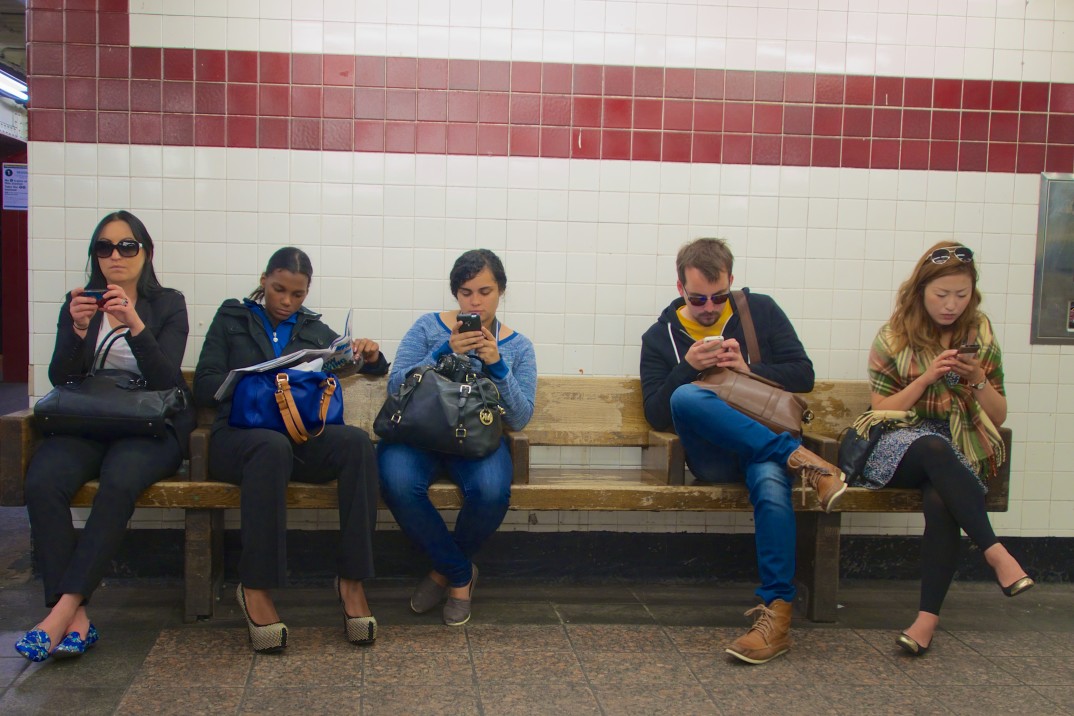The economy continues to struggle, the educational system underperforms and tensions exist at just about every point on the international landscape. And there is a national presidential selection process underway. It seems, in such an environment, that citizens would feel compelled to get themselves fully up to date on news that matters. It also would stand to reason that the nation’s news media would feel an obligation to focus on news of substance.
Instead, too many citizens are woefully uninformed of the day’s significant events. A pandering media, primarily television, is content to post a lowest-common-denominator news agenda, featuring Beyoncé’s “Lemonade” release and extensive tributes to Prince.
Constitutional framer James Madison once famously wrote, “Knowledge will forever govern ignorance. And a people who mean to be their own governors must arm themselves with the power which knowledge gives.” Citizens who are unable or unwilling to arm themselves with civic knowledge diminish the nation’s ability to self-govern.
Technological advances have made it easier than ever for citizens to stay informed. The days of waiting for the evening television news to come on or the newspaper to get tossed on your doorstep are long gone. News is available constantly and from multiple sources.
A growing number of citizens, particularly millennials, now rely on social media for “news.” While that might seem like a convenient and timely way to stay informed, those people aren’t necessarily aware of anything more than what their friends had for lunch. Data from the Pew Research Center indicates that about two-thirds of Twitter and Facebook users say they get news from those social media sites. The two “news” categories of most interest among social media consumers, however, are sports and entertainment updates.
Sadly, only about a third of social media users follow an actual news organization or recognized journalist. Thus, the information these people get is likely to be only what friends have posted. Pew further reports that during this election season, only 18 percent of social media users have posted election information on a site. So, less than a fifth of the social media population is helping to determine the political agenda for the other 80 percent.
The lack of news literacy is consistent with an overall lack of civic literacy in our culture. A Newseum Institute survey last year found that a third of Americans failed to name a single right guaranteed in the First Amendment. Forty-three percent could not name freedom of speech as one of those rights.
A study released earlier this year by the American Council of Trustees and Alumni had more frightening results. In a national survey of college graduates, with a multiple-choice format, just 28 percent of respondents could name James Madison as father of the Constitution. That’s barely better than random chance out of four choices on the survey. Almost half didn’t know the term lengths for U.S. senators and representatives. And almost 10 percent identified Judith Sheindlin (Judge Judy) as being on the Supreme Court.
The blame for an under-informed citizenry can be shared widely. The curriculum creep into trendy subjects has infected too many high schools and colleges, diminishing the study of public affairs, civics, history and news literacy.
The television news industry has softened its news agenda to the point where serious news consumers find little substance. Television’s coverage of this presidential election cycle could prompt even the most determined news hounds to tune out. The Media Research Center tracked how the big three broadcast networks covered the Trump campaign in the early evening newscasts of March. The coverage overwhelmingly focused on protests at Trump campaign events, assault charges against a Trump campaign staffer and Trump’s attacks on Heidi Cruz. Missing from the coverage were Trump’s economic plans, national security vision or anything else with a policy dimension.
When the Constitutional Convention wrapped up in 1787, Benjamin Franklin emerged from the closed-door proceedings and was asked what kind of government had been formed. He replied, “A republic, if you can keep it.” Those citizens who, for whatever reasons, are determined to remain uninformed, make it harder to keep that republic intact. Our nation, suffering now from political confusion and ugly protests, sorely needs a renewed commitment to civic knowledge.



